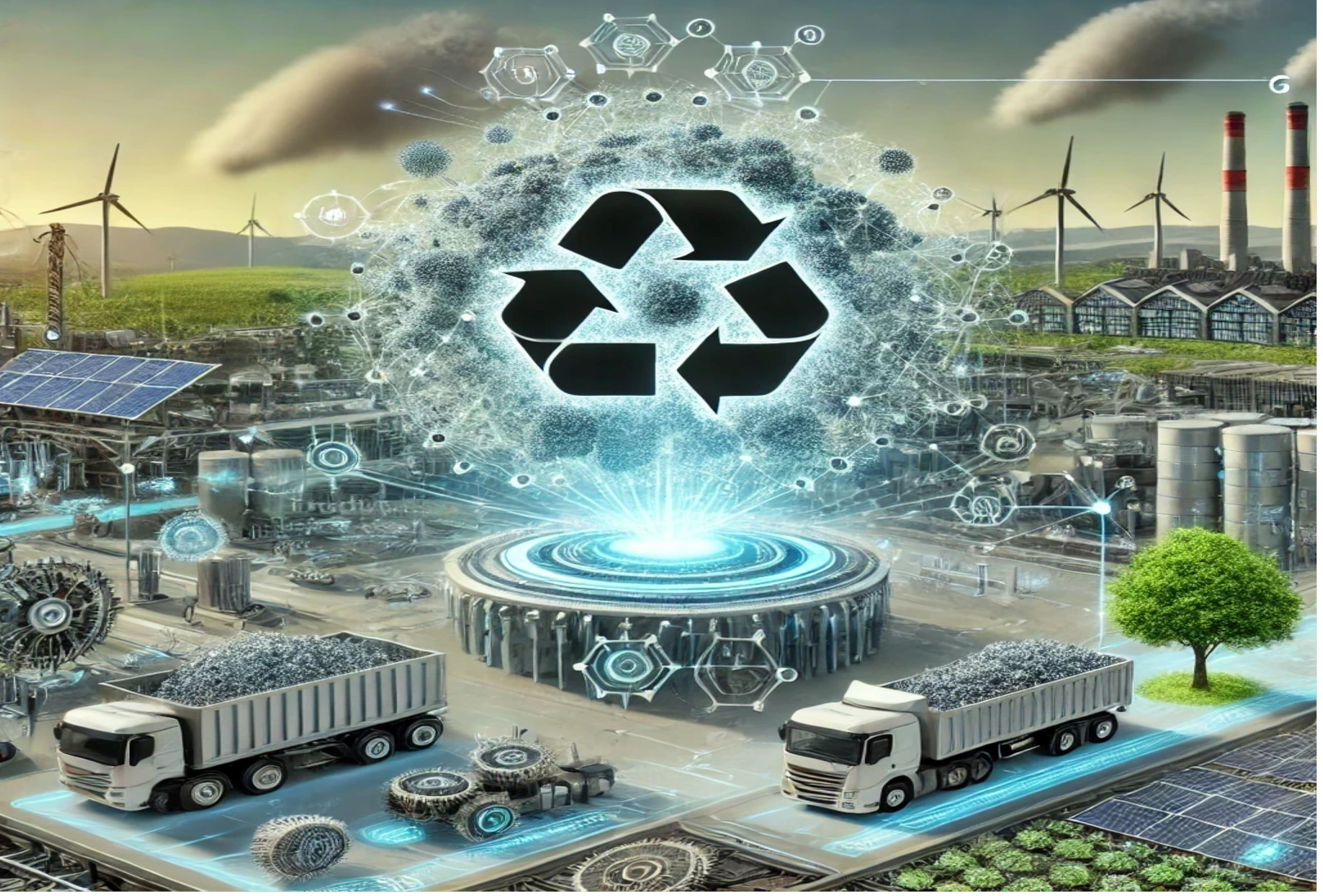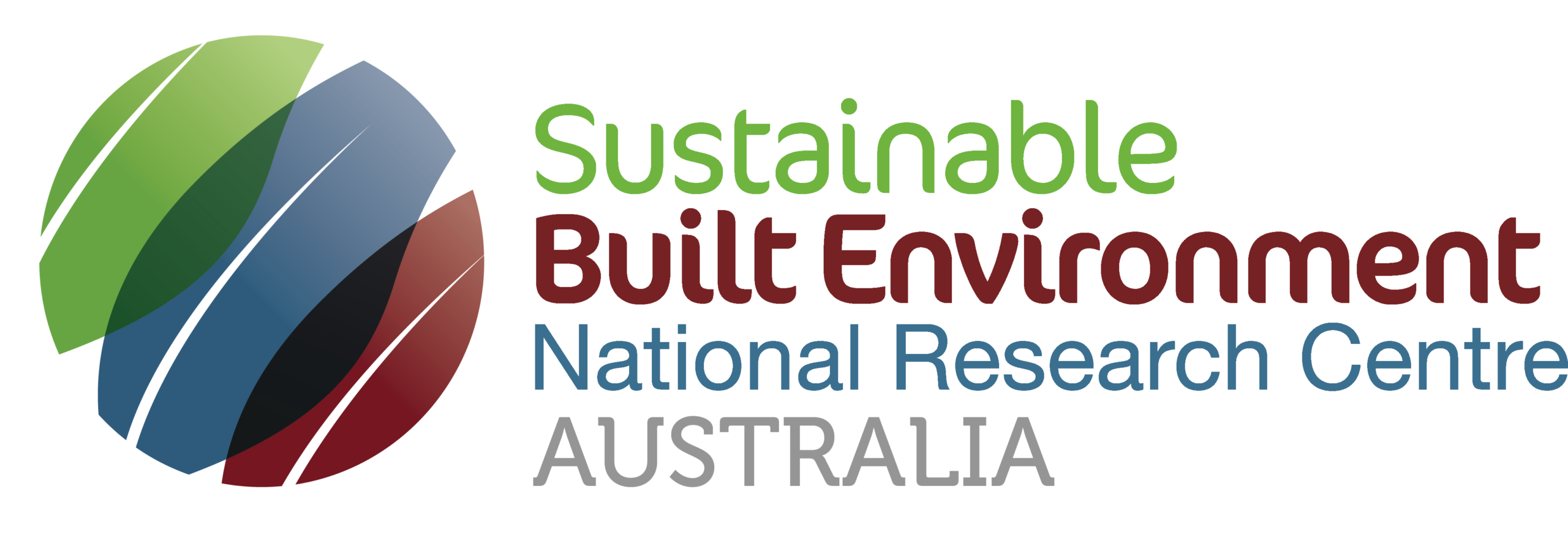
2.10.2 Transforming Life Cycle Carbon Accounting using AI

Project Number
2.10.2Round
Round 10Date
October 2024 - March 2026Research Contact

Chair, Project Steering Group
Andrew Curthoys
Andrew.Curthoys@crrda.org.au

Project Leader
Professor Peng Wu
BSc MSc PhD
Curtin University
Peng.Wu@curtin.edu.au
Documents for Downloading
Previous Research
P2.92 Smarter and greener built assets through digitalisation and AI (2023 – 2024)
P2.82 Digitally-enabled Asset Life-cycle Management (2021 – 2023)
P2.72 Leveraging an Integrated Information Lifecycle Management Framework – Building and Infrastructure Sectors (2020 – 2021)
P2.64 Unlocking Facility Value through Lifecycle Thinking (2018 – 2020)
Media
AIMP Project Management Magazine No.1 2025 by Australian Institute of Project Management. Page 26 Professor Peng Wu, Curtin University and AIPM WA Chapter Committee Lead Transforming Construction Project Delivery Through Metabim and Easycarbon
In the era of climate change awareness and sustainable development, accurate carbon accounting has become imperative for businesses and governments alike. However, traditional methods often fall short in providing the granularity necessary for informed decision-making. The tools that are available at the moment often require manual input of reported items, such as material usage. There is an urgent need to use data mining technology to assist carbon accounting from documents produced from project life cycle that can be used to develop granular carbon model. Granular carbon accounting streamlines workflows and reduces the resources required for carbon assessments. This translates into cost savings for businesses and governments while improving overall efficiency. With granular insights into carbon emissions, decision-makers can make informed choices that align with sustainability goals and regulatory requirements.
Objectives
There are two specific objectives based on the specific industry needs:
Objective 1: Granular Model of Carbon Accounting Using AI This objective aims to develop a comprehensive and granular carbon accounting method to track and quantify carbon emissions during the construction phase of projects. By leveraging advanced AI technologies, the project will analyse construction document data and automatically extract relevant carbon-related information. The goal is to accurately estimate actual carbon emissions, compare them with planned emissions, identify discrepancies, and provide actionable insights to reduce carbon footprints in current and future construction projects.
Objective 2: Comprehensive Framework for Identifying Reduction Opportunities To effectively identify and implement carbon reduction opportunities, this objective aims to develop a holistic framework encompassing cost, social impact, environmental sustainability, performance of asset, and resilience. This comprehensive approach ensures that all aspects of carbon reduction are considered, leading to more sustainable and equitable solutions.
Industry Outcomes
Sustainability is the core industry need. This project will enable better provision and use of life cycle asset information in a digital engineering platform for carbon accounting. This in turn will support identifying ways of achieving new zero carbon emissions that can balance cost, social, environmental and resilience considerations.
This project aims to deliver the following key industry outcomes:
- AI module which processes and analyses various production and construction documents such as material orders, truck delivery receipts, fuel and energy consumption reports, and construction waste reports for automatic “as built” carbon emissions calculations.
- Best practices related to granular carbon accounting using digital twin
- A holistic framework encompassing cost, social impact, environmental sustainability, performance of asset, and resilience across various building types (new, old, heritage, etc.) and trade-off considerations.











